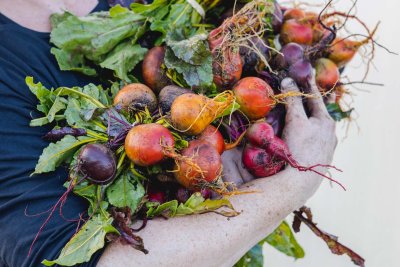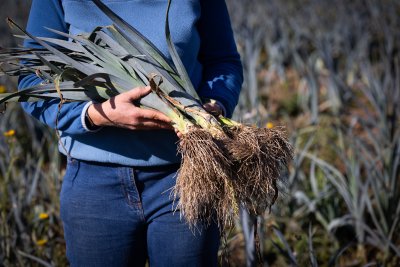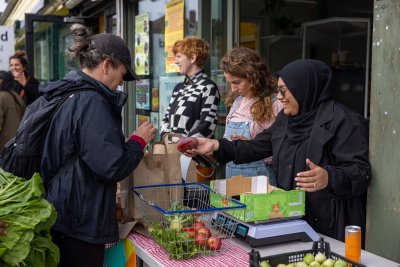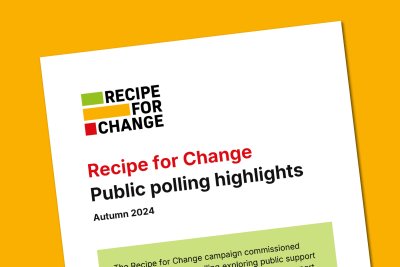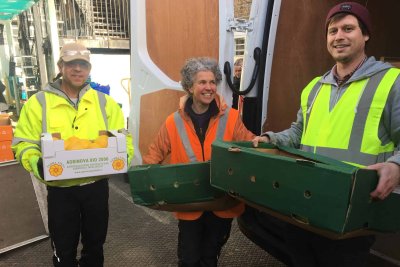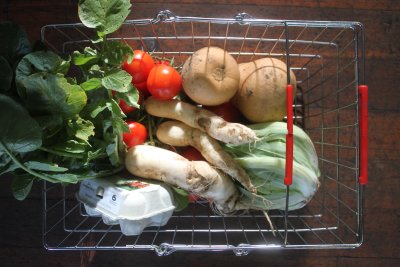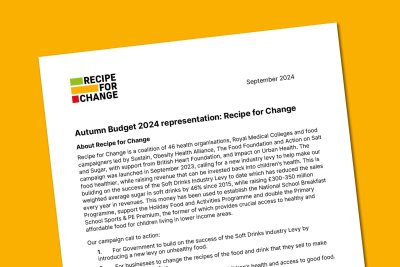The House of Commons International Trade Committee has warned the Government against rushing into trade negotiations with the US without first establishing a clear, comprehensive and evidence-based trade strategy, saying: "It would be a retrograde step if the trade negotiations undertaken by the UK independently were less transparent than those undertaken by the EU."
Meanwhile, the UK’s Public Accounts Committee has warned that Defra and the International Trade department are ill-prepared for Brexit due to uncertainties over the future trading relationship with the EU.
This sentiment was echoed by Sustain member the Chartered Institute for Environmental Health (CIEH), whose policy lead Tony Lewis said, “It has been made very clear to British negotiators that by solely pursuing technological solutions, they are ignoring the continuing need for physical inspection of food imported to the UK. Such inspections, by competent environmental health professionals, ensures that food is what it claims to be, comes from where it says and is safe.” In a recent report, the CIEH warned that Northern Ireland’s food supply could be at risk of serious disruption if the Government continued to neglect the border issue when conducting Brexit negotiations.
The UK’s ports and airports will be unable to cope with the additional checks Brexit could bring, a report from the House of Lords has also concluded. Brexit: food prices and availability was published by the Lords Sub-Committee on EU Energy and Environment, expressing the view that new global trading relationships would cause a surge in food prices or a slump in standards.
The report states, “We do not believe the UK’s ports and airports will be able to cope with the additional workload that new checks will create, and this will add significantly to the import timescales. Significant delays will disrupt the ‘Just-In-Time’ supply chains that food manufacturers and retailers depend on and could affect the availability of food. We urge the Government to conduct a thorough assessment of the additional staffing, infrastructure and IT requirements that differing levels of post-Brexit border and customs checks would require.”
Andrew Opie, Director of Food and Sustainability at the British Retail Consortium, representing the UK’s major supermarkets, said:
“This report is right to highlight the significance of tariff-free, frictionless trade and industry concerns about the impact of a no deal. For consumers, new tariffs will mean higher prices and bad news for the weekly shop.
“It’s been positive that both sides of the negotiations have accepted the importance of a zero-tariff deal and a standstill transition period – priorities for the retail industry.
“But there are other fundamental questions that remain unanswered. Retailers urgently need the Government to focus in on developing workable plans for customs that allow goods to continue to move uninterrupted across EU-UK borders after the transition period ends.”
Food and Drink Federation (FDF) Chief Executive Ian Wright, representing UK food manufacturers, said: “The committee’s call for a comprehensive food security policy is encouraging, but as correctly suggested there is still a serious gap between Government confidence and industry concerns.
“While the proposed transition period provides businesses with some certainty, it is certainly briefer than we believe would be optimum. Government must keep the readiness of both industry and systems under review. Time is running short and Government must offer clarity and realism to businesses on future customs arrangements and the Irish border.”
Read the House of Lords report, Brexit: Food Prices and Availability, 15 May 2018
A former UK agriculture minister, and a former senior official from the UK international trade department, have also warned that the UK is ill-prepared to enter trade negotiations, pointing to agricultural products and food standards as key areas of concern.
Lord Deben (formerly known as Sir John Gummer) writes: “I represented the EU in agricultural trade talks with US. The power of the lobbyists meant that the US was utterly unable to concede on higher standards for food safety, animal welfare, or environmental protection. It's now worse with Trump who only wants trade on his terms.”
David Henig, a former Assistant Director at the Department for International Trade, warns that government “isn’t being honest” about Brexit Britain’s trade prospects. He writes: “Even smaller countries such as New Zealand and Australia will have asks without which trade agreements will not be possible, and they will also be about a lot more than tariff reductions. Australia is reported to want changes to UK food standards in terms of accepting beef treated with growth hormones, and changes to our visa regime. New Zealand’s interest in agricultural exports is well-known, and asks like the removal of quotas on agricultural produce could cause concern in the UK for example among sheep farmers. At this stage there has been no suggestion from the government that such trade-offs could exist, still less about how they will be handled.”
Good Food Trade Campaign: Campaigning for good trade that benefits people and the planet at home and overseas.

